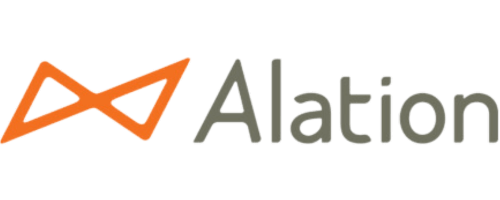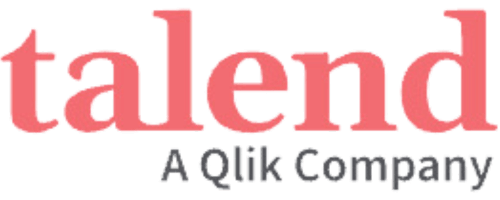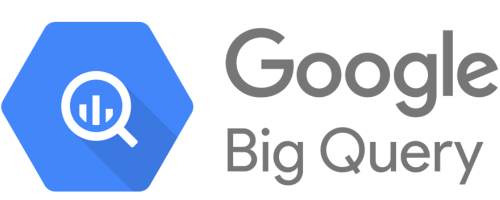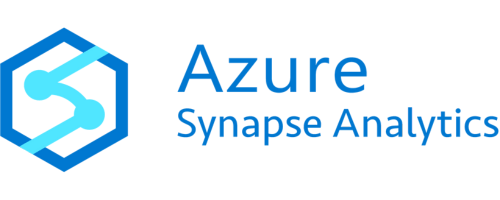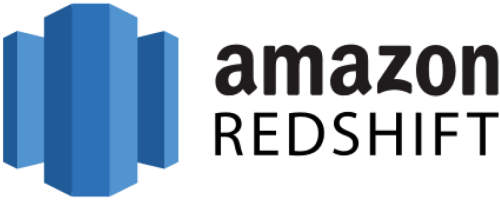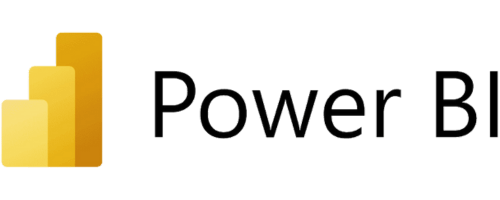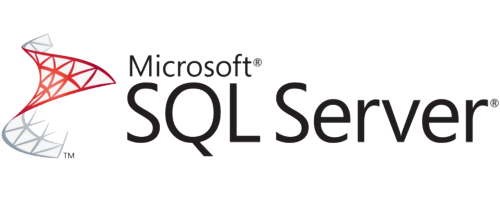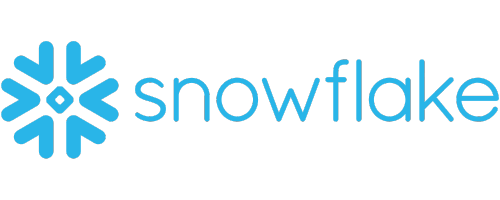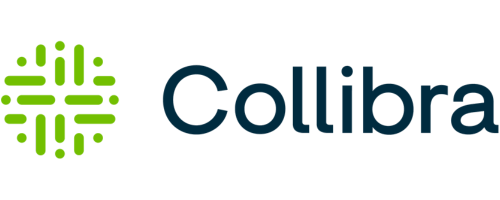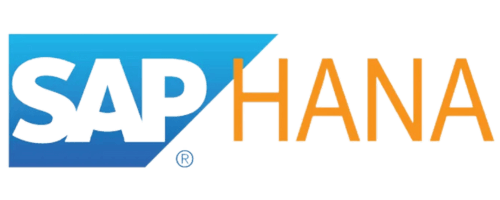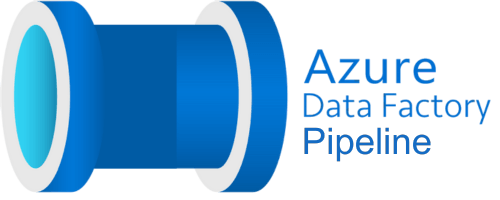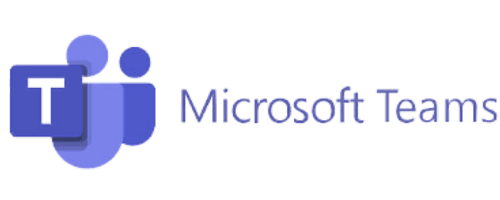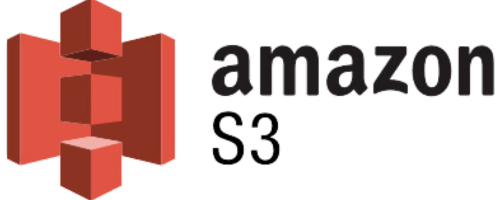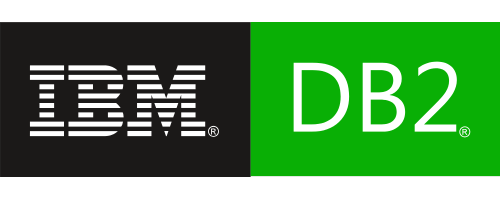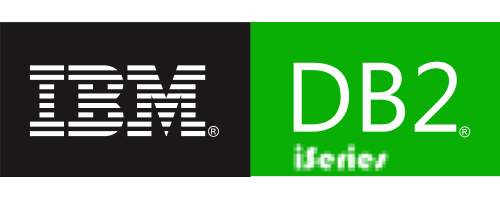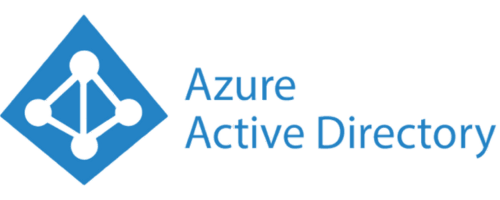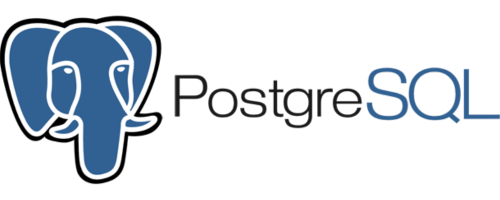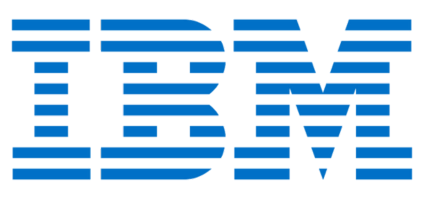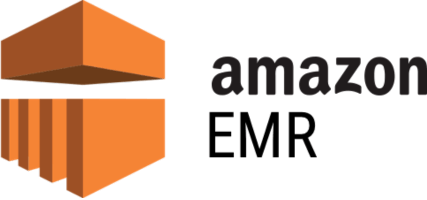Ensure Effective Data Quality Management in Collibra
Overview
Collibra Data Catalog is a centralized metadata repository solution designed to help organizations discover, describe, assemble, and govern their datasets. It creates an inventory of all data sources and provides detailed metadata about each, allowing users to easily find and trust the data they need to make informed business decisions. The metadata from the datasets provides essential information such as the structure of the data, asset creation dates, source details, column attributes, data formats, data ownership, data classifications, etc.
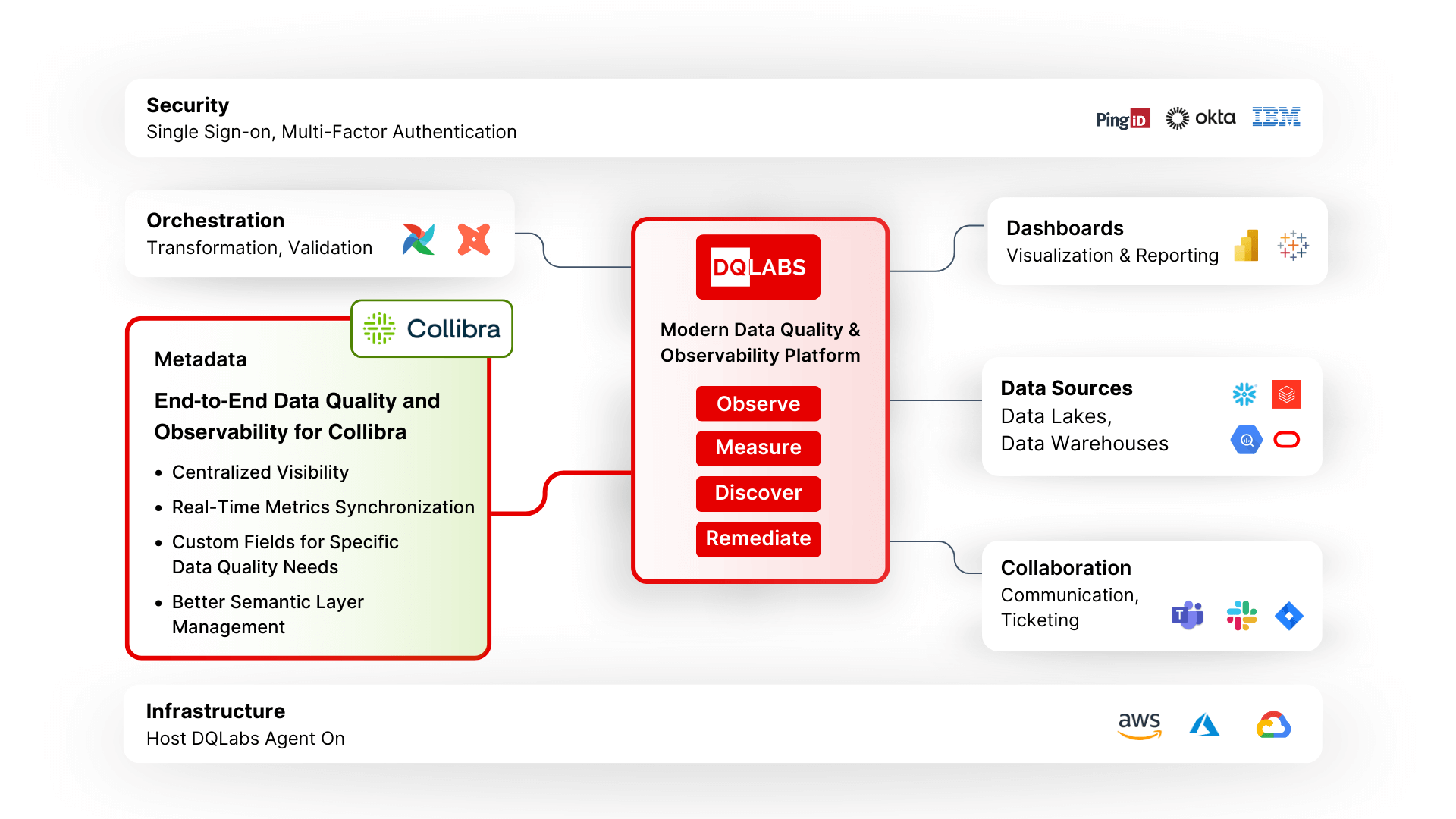
Integrating the Collibra catalog with DQLabs empowers organizations to make data-driven decisions that boost operational efficiency. By seamlessly pulling and pushing metrics between Collibra and DQLabs, users gain real-time insights into data quality, allowing stakeholders to quickly address issues and drive better business outcomes. This integration ensures that key metrics such as data quality scores, rows passed/failed, total rows, thresholds, results, and asset run completion dates are readily available in a central catalog. It enhances governance by enabling stakeholders to track, evaluate, and enforce data quality standards throughout the data lifecycle. By syncing DQLabs' data quality metrics with Collibra, organizations ensure their data governance framework remains comprehensive, accurate, and up-to-date.



